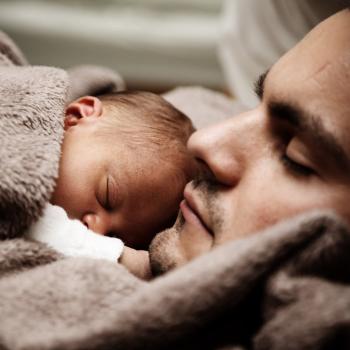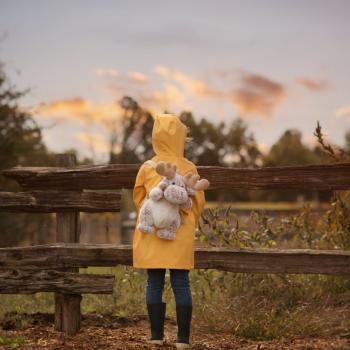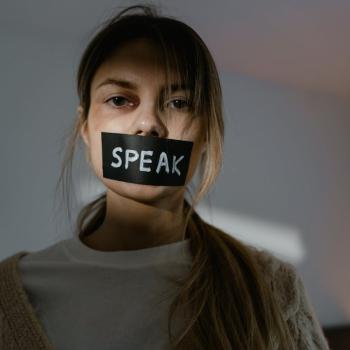
After beginning deconstruction, I harbored out at a larger church for a while. Laura was done with organized religion, but I still thought I could help change it from the inside. When I realized they didn’t really want me to do anything pastoral there, it gave me the courage to stop going. And that is where I discovered the following about organized religion.
1. Religion creates an addiction.
Anything that alters our mood can create an addiction. It feels good and it causes us to assume something supernatural is happening.
Observing this from the outside, I realized we get the same feeling from going to a concert or spending time in nature, and because these other things don’t make outlandish assumptions, they don’t create as much of a codependency. I remember the day when I realized that I had broken the addiction and I was at peace.
2. Religion is a faux community.
Picture a Church of 1500 members getting dressed, and leaving their real community to go to a place that is supervised by clergy, where people are mostly like them and have the same beliefs. We have a deep need for connection, but we can’t manufacture a faux community and pretend that it’s real.
Eventually, when I observed from the outside, I realized I had community everywhere. It was diverse and messy and unorganized, but it was real. I had given several decades of my life to trying to organize the community for others and realized I had taken them away from their families and neighborhoods and friends.
3. Religion is not from Jesus.
I used to imagine that Jesus was looking down smiling at our church. Eventually, I realized that Jesus never prescribed the Christian religion, nor did he ever tell anybody to write a book about it. He definitely participated in the customs of his time like going where people were during the festivals and he was also occasionally in the synagogue. But, when I observed what he said, he seemed to be discouraging people from worshiping in a place. It was liberating to understand I could better love my neighbor when I gave up my idol of my church.
4. Religion is unnecessary in the 21st century.
We used to ride horses and travel in wagons, but we don’t do that anymore. To put it simply, we no longer need a system that requires us to come to a building to receive instruction, inspiration and fellowship. One day I sat down and listed all of the things that I thought I was getting from church and realized I could get all of those things somewhere else.
Religion had been designed to create a codependency where we need it, but more importantly it needs us. This morning, from my recliner, I can access the greatest sermons and the greatest music and I can also connect with people in a way that I couldn’t 20 years ago.
One day in the larger church, I paid attention and realized I was barely making a real connection with anyone even though there were lots of people there. I talked to the same few people every week, the sermon was not a conversation, and then I went home. On the way home, I stopped at my local grocery store and experienced real community there in my home neighborhood.
5. Religion is an organization.
No matter how organic I thought my churches were, they always became organizations when they were successful. At that point, the organization always came before the individual. We would try to meet individual needs, but when it conflicted with the organization’s goals, they were forced to submit.
Since about 3/4 of the organization’s money and time goes to salaries, buildings and putting on the show, there is little energy or time left for people’s real needs. Eventually, they’re wounded by the organization that promises to help them. The organization doesn’t neglect them intentionally, but it is the nature of the beast.
Laura and I wrote a book called, Out into the Desert: Thriving Outside Organized Religion. It is our record of the evaluation that we did after 20 years in ministry. It is our personal stories and our assessment of what is best for the 21st century. We believe that we can thrive outside the walls of the church.
Join the discussion!! More and more people are realizing we can find something much more genuine when we focus on our own evolution and give up the false assumption that we need religion to make us whole.
Be where you are,
Be who you are,
Karl Forehand













